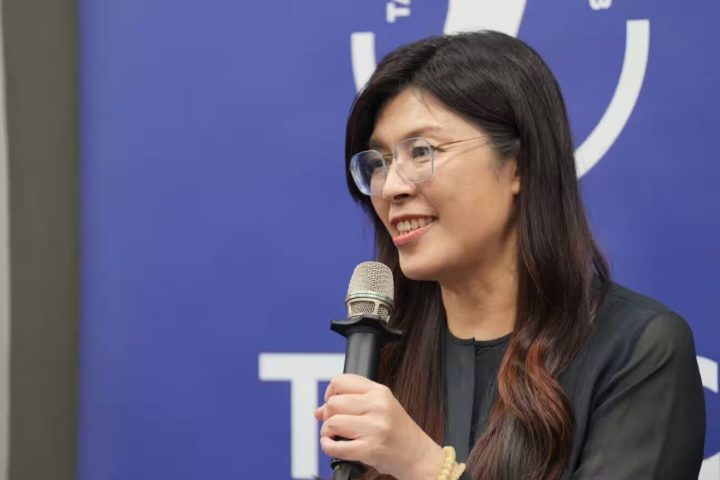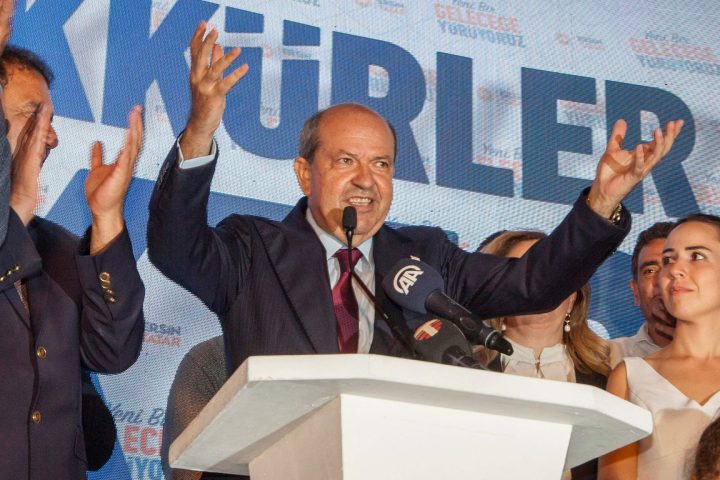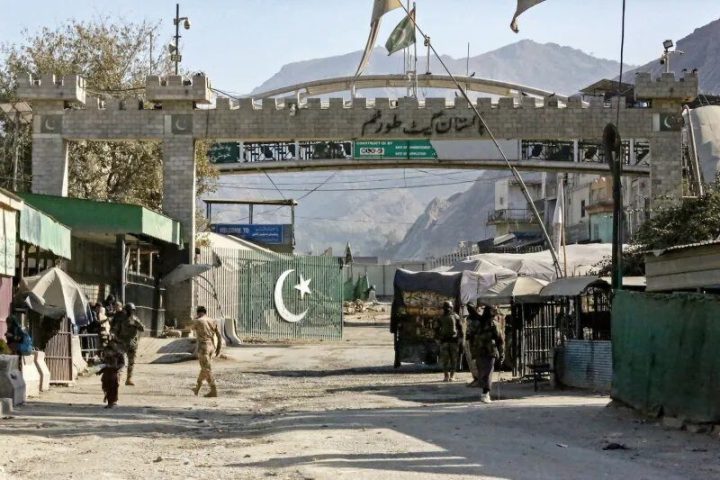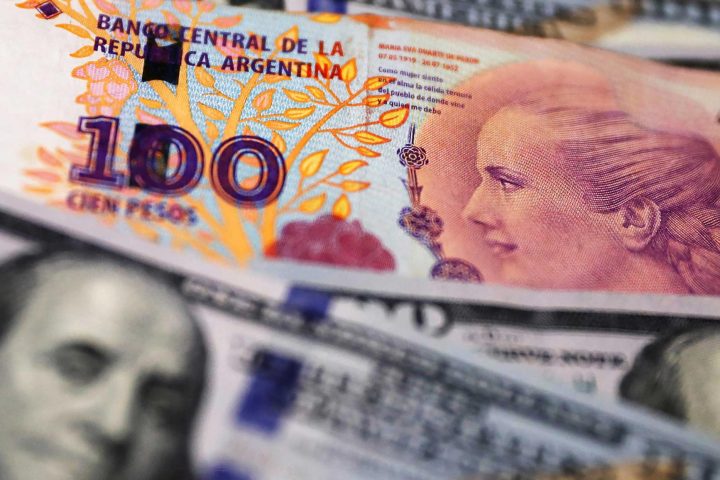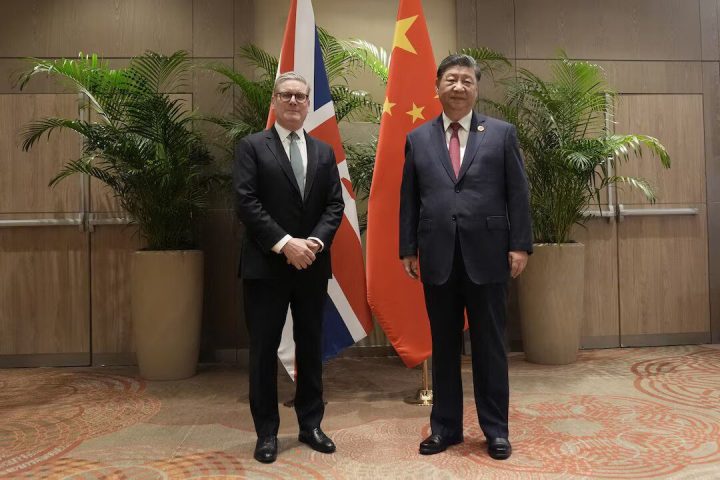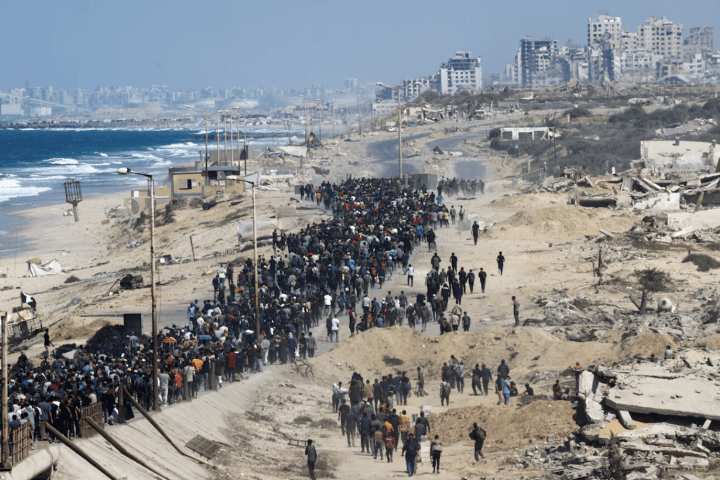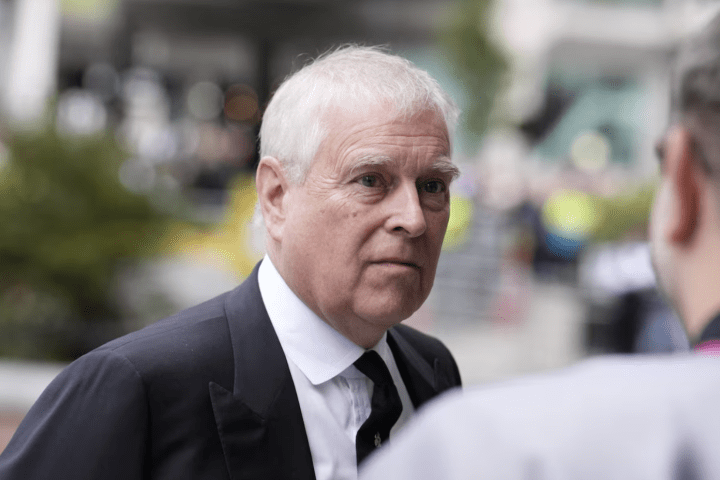Tehran has announced the end of the JCPOA nuclear deal that limited its nuclear program. The West calls for maintaining diplomacy.
Iran officially suspends JCPOA nuclear deal
Iran has officially announced its termination of participation in the 2015 nuclear deal, known as the Joint Comprehensive Plan of Action (JCPOA), which limited its nuclear program in exchange for the lifting of international sanctions.
The Iranian Foreign Ministry said in a statement published on Saturday that from now on, “all provisions of the agreement, including restrictions on Iran’s nuclear program and related mechanisms, are considered suspended.”
At the same time, Tehran stressed that it is “determined to continue diplomacy.”
How Iran left the deal
The JCPOA was signed in Vienna in 2015 by Iran, China, the UK, France, Germany, Russia and the US. It was supposed to end the nuclear crisis and open a new era in relations between Iran and the West.
But in 2018, the US, under Donald Trump, unilaterally withdrew from the deal, reimposing sanctions on Tehran. This decision sharply escalated the situation and prompted Iran to resume nuclear development.
Attempts by European countries to revive the deal have failed, and the summer air strikes by the US and Israel on Iran have put an end to diplomatic efforts. In June, the Iranian parliament voted to suspend cooperation with the IAEA, which was a formal withdrawal from the agreement.
The Europeans have reinstated sanctions
In response, the UK, Germany and France activated the “snapback” mechanism, which automatically reinstates all UN sanctions lifted after the agreement was signed.
This made the JCPOA’s “termination day” on October 18 a mere formality.
In a joint statement, the three foreign ministers stressed that they would continue to seek “a new diplomatic solution that ensures that Iran never obtains a nuclear weapon.”
The EU’s foreign policy chief, Kaia Kallas, added that sanctions “should not mean the end of diplomacy.”
Washington and Tehran talk of “new deal”
Despite the tensions, Donald Trump said this week that he would like to conclude a peace deal with Iran. Tehran, for its part, is ready for talks — but only if the US guarantees that there will be no military action during any potential talks.
Oman has acted as a mediator between the parties several times this year, but to no avail.
Iranian Foreign Minister Abbas Araghchi said that the country “sees no point in new negotiations with Europe” because it was the one who activated the mechanism for reimposing sanctions.
What’s next
Iran plans to make a formal statement at the UN General Assembly in New York, stressing its sovereign stance and blaming the West for the deal’s failure.
Experts warn that the collapse of the JCPOA could reignite the risks of a nuclear standoff in the Middle East and strengthen Iran’s military alliance with Russia and China.
The JCPOA is officially dead — but diplomacy is still alive. The question is whether the West can bring Iran back to the negotiating table before the crisis spirals out of control.
Related: New Zealand reimposes sanctions on Iran over nuclear risks



